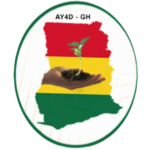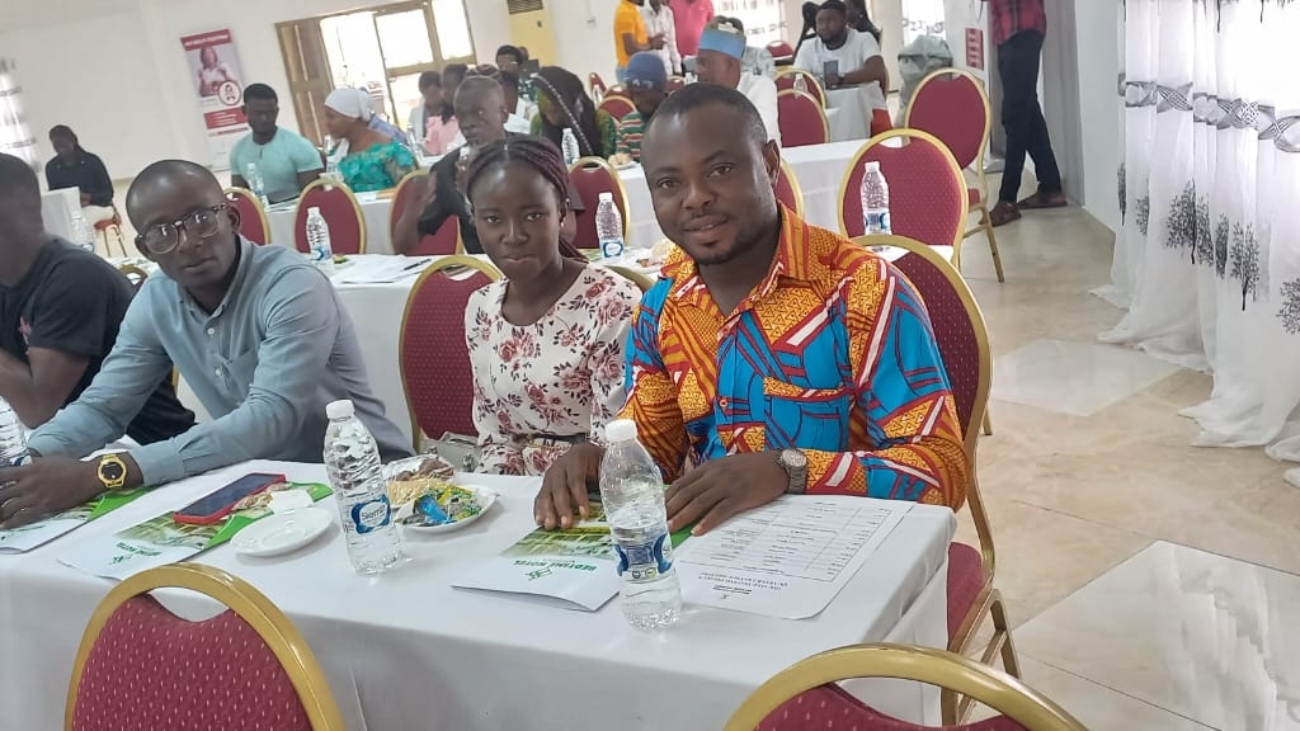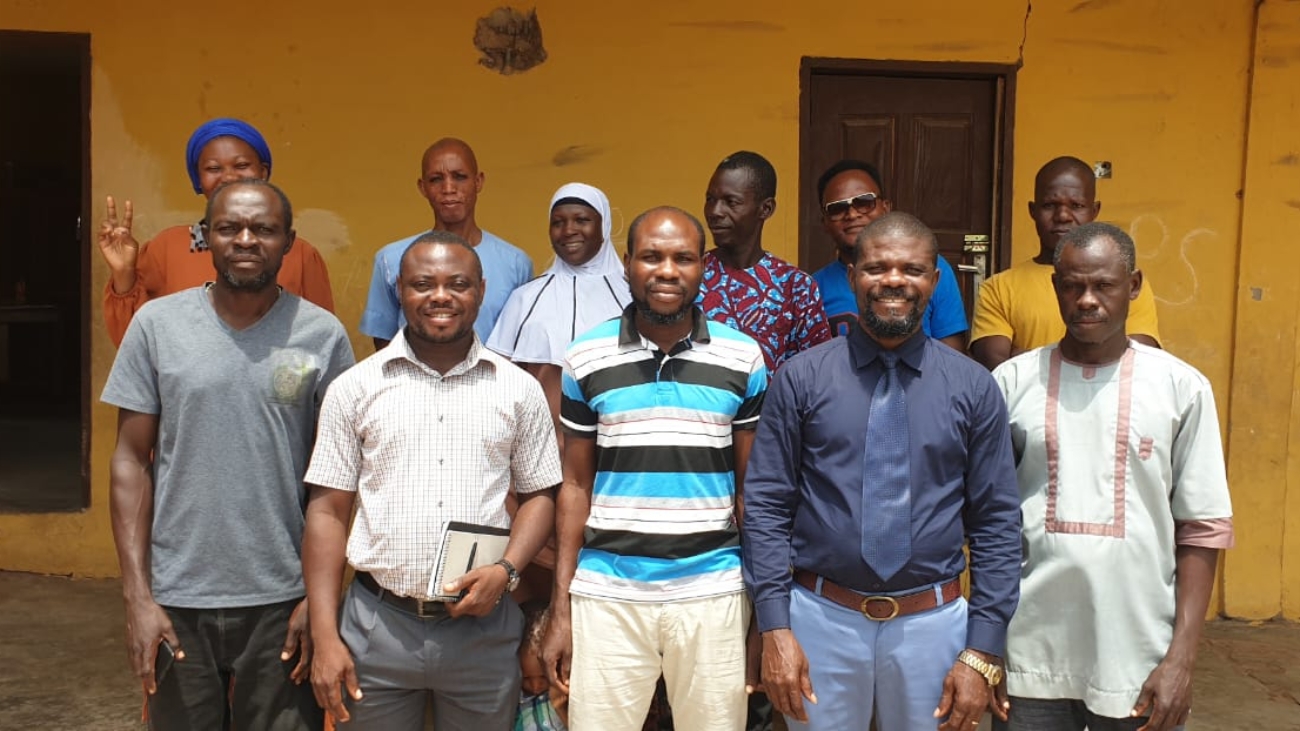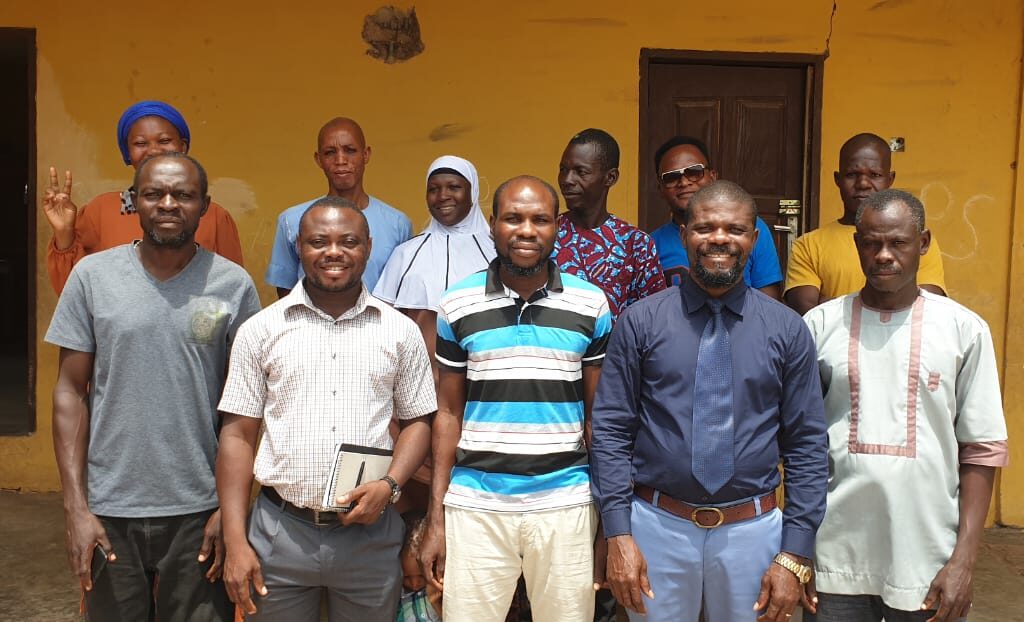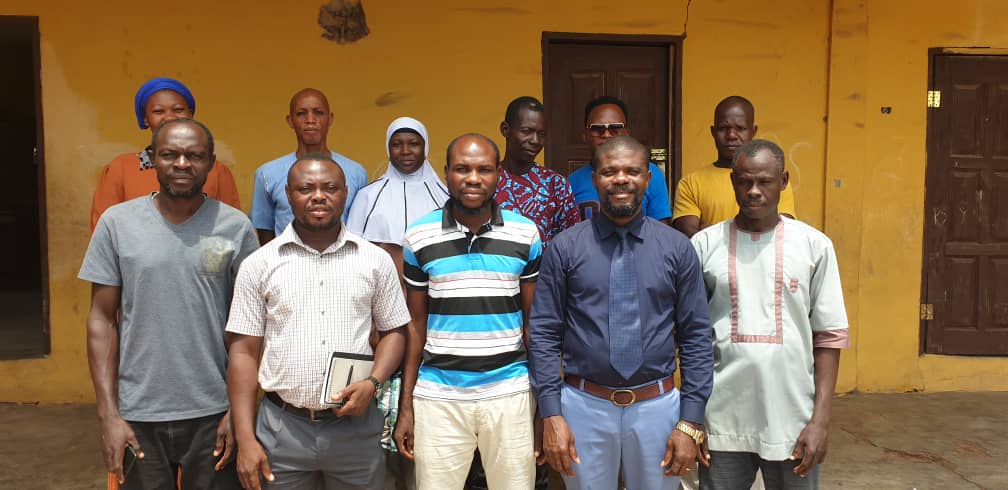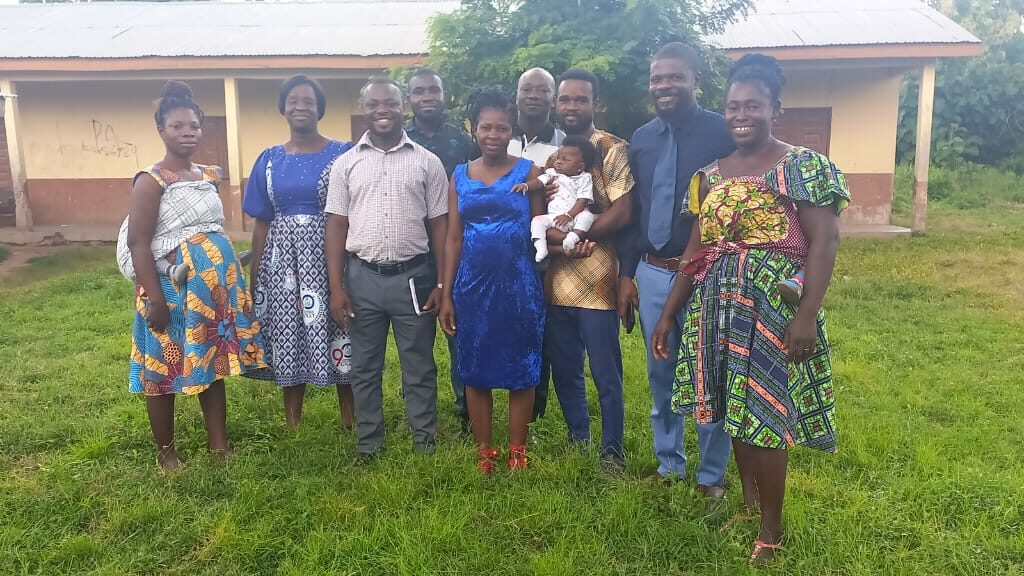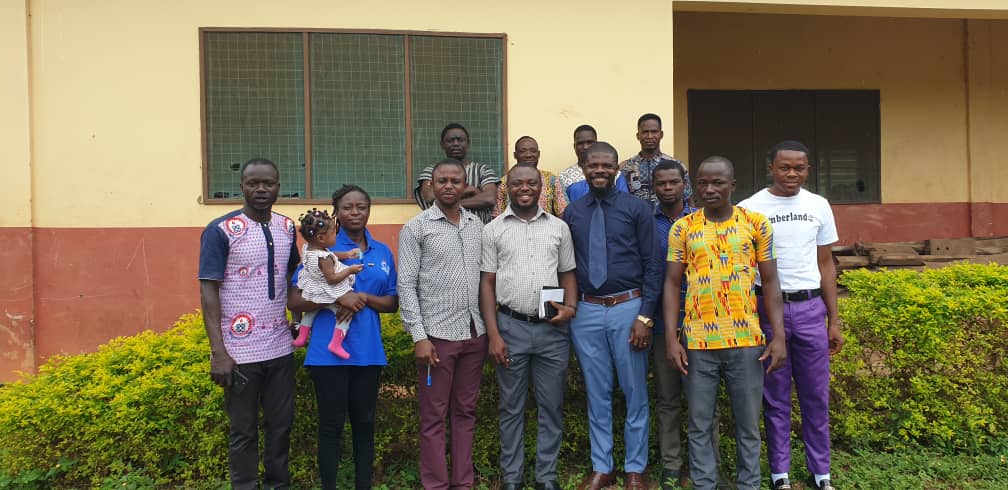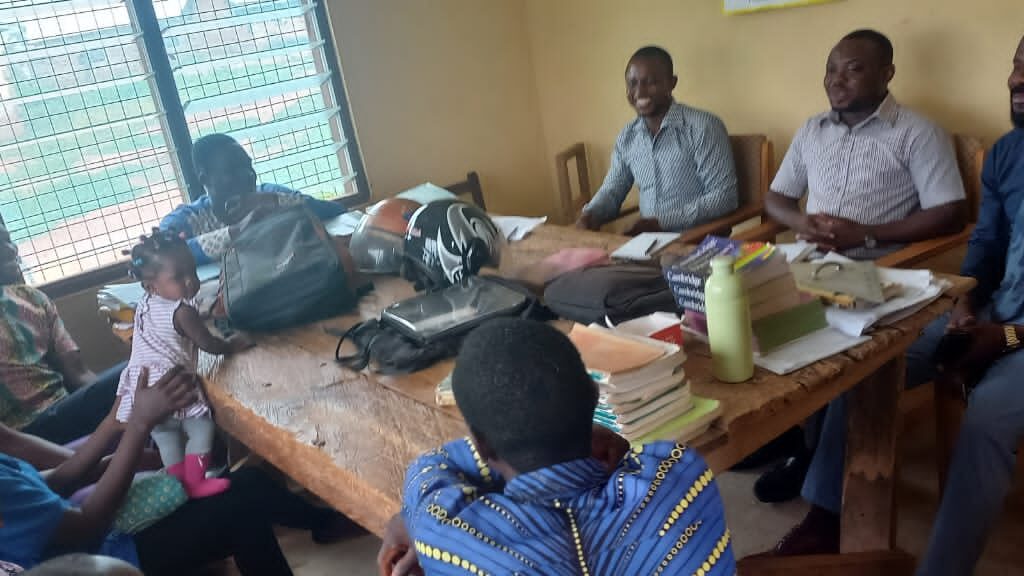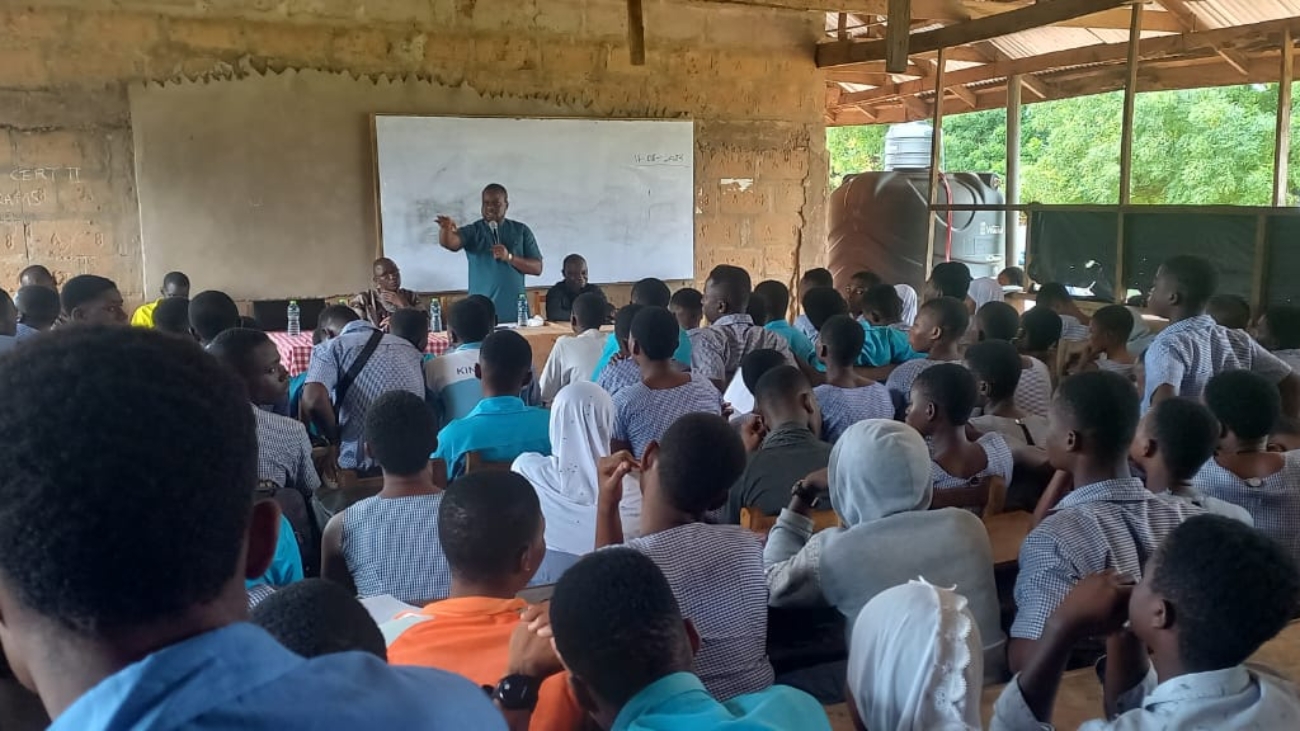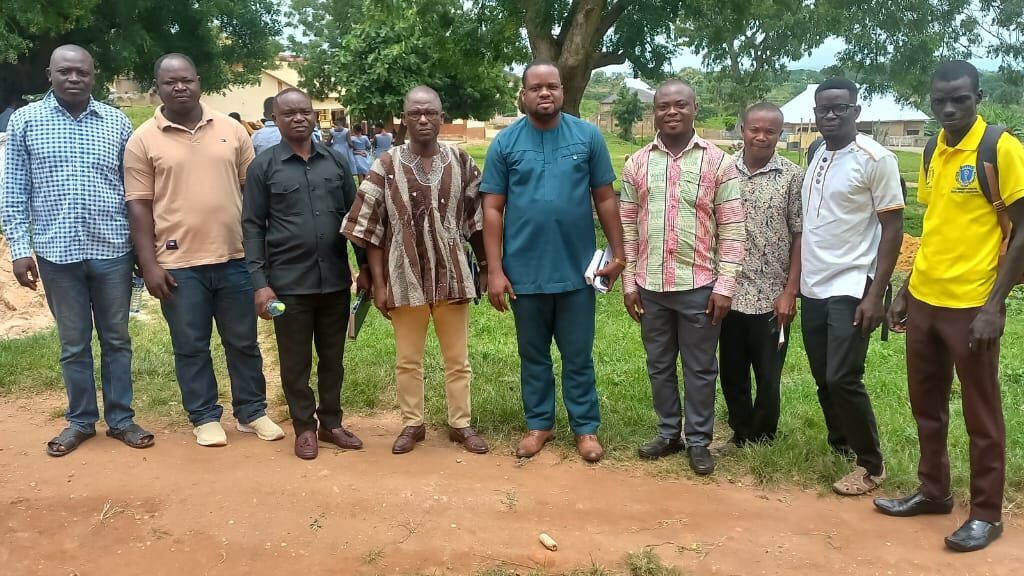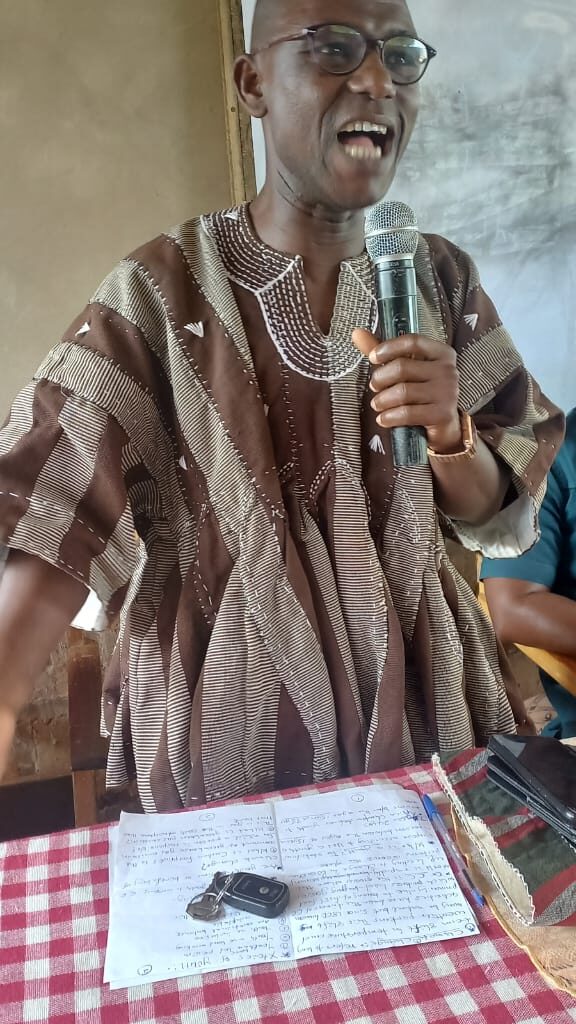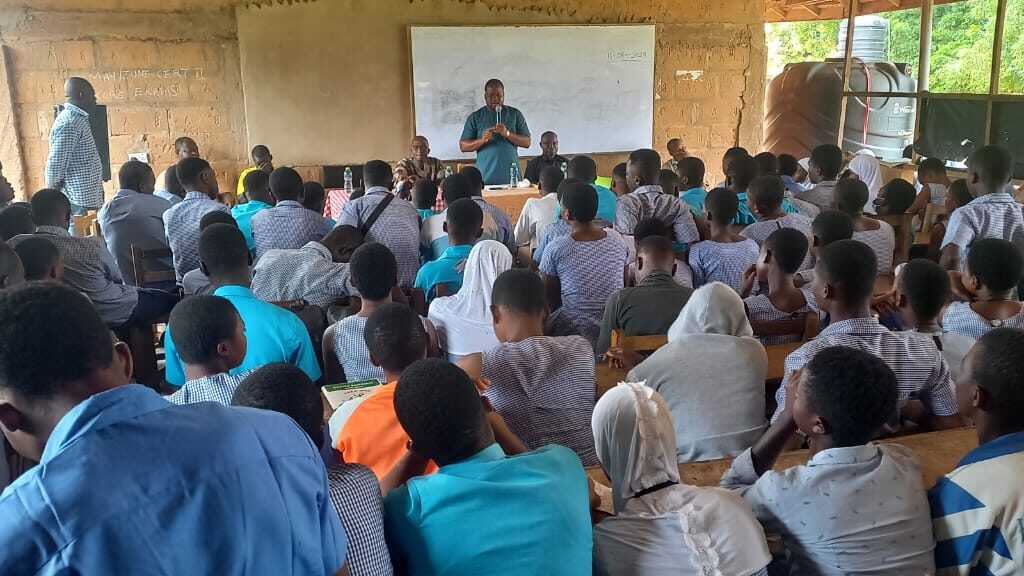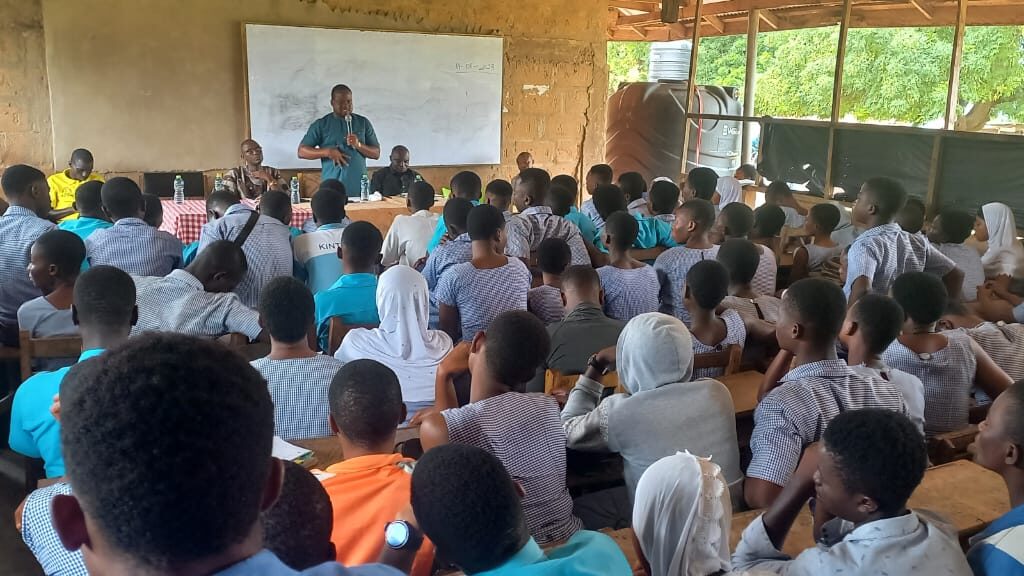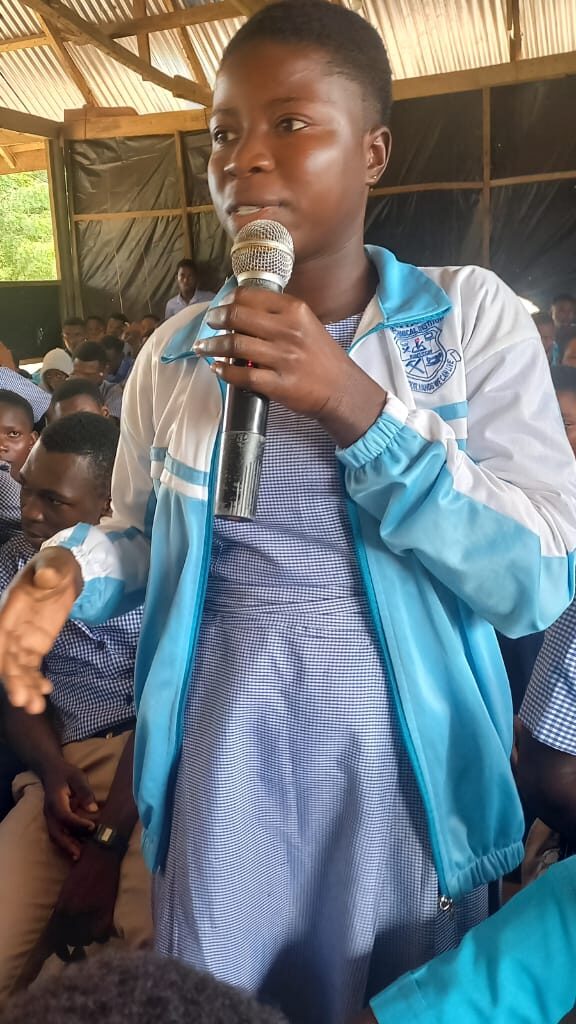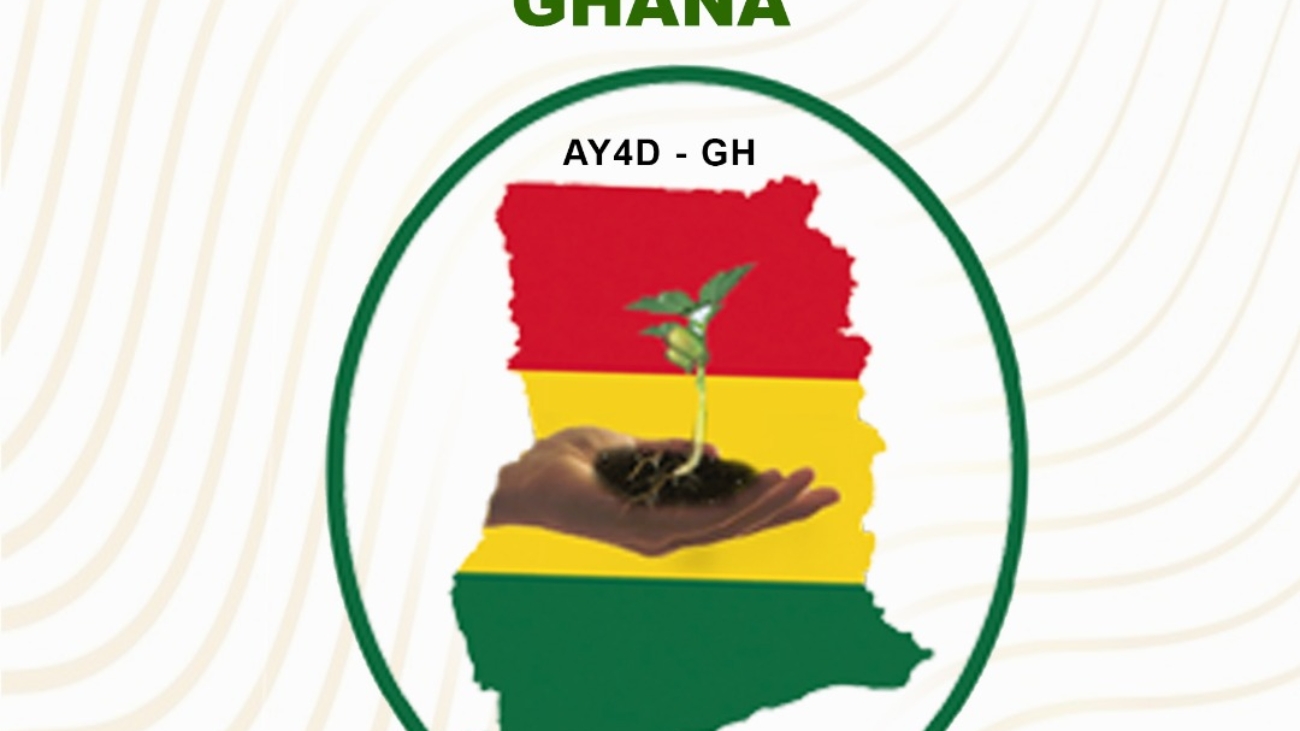In an ongoing effort to combat the spread of HIV/AIDS and enhance testing accessibility, the Ghana HIV and AIDS Network (GHANET) organized a vital event—the HIV Self-Testing Second Quarter Review Meeting. Hosted in the serene city of Koforidua, located in the Eastern Region of Ghana, the meeting provided a platform for stakeholders to assess progress, share insights, and strategize for further advancements in HIV self-testing initiatives.
Collaborative Action for Accessibility:
The second quarter review meeting underscored the collective determination to make HIV testing more accessible to all. In alignment with global health objectives, GHANET championed the cause of HIV self-testing, aiming to reach those who might otherwise not seek testing due to stigma, inconvenience, or lack of awareness.
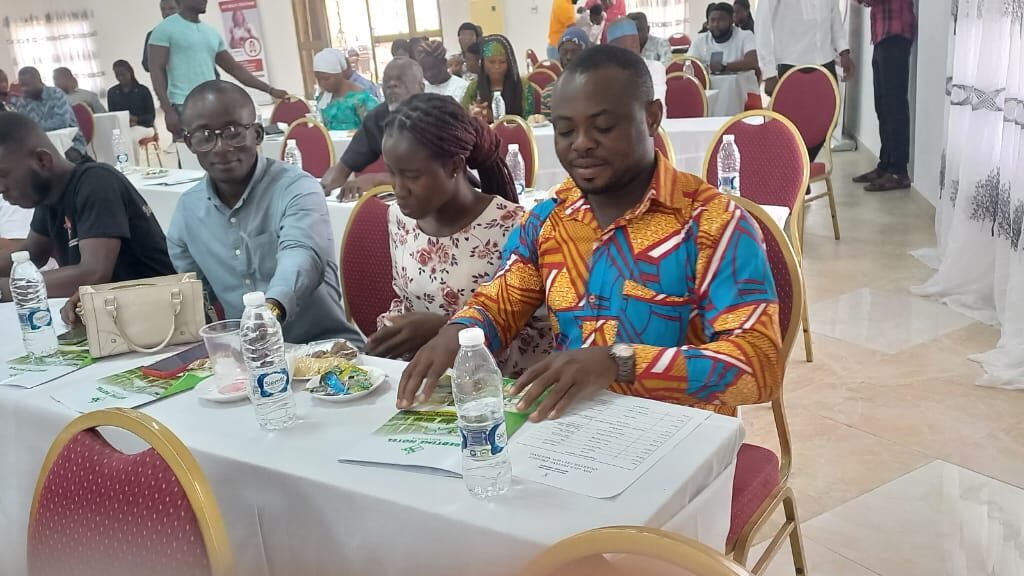
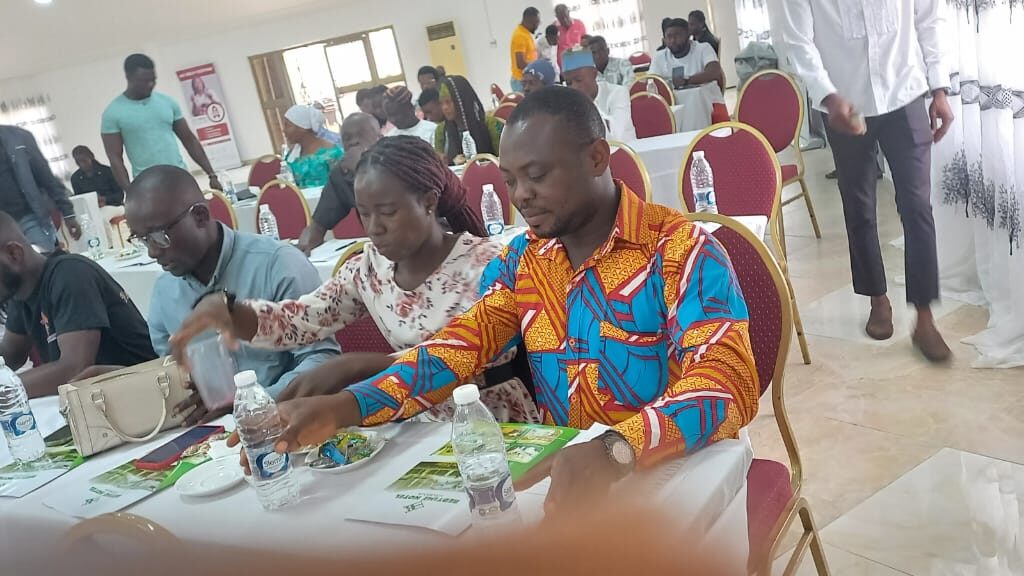
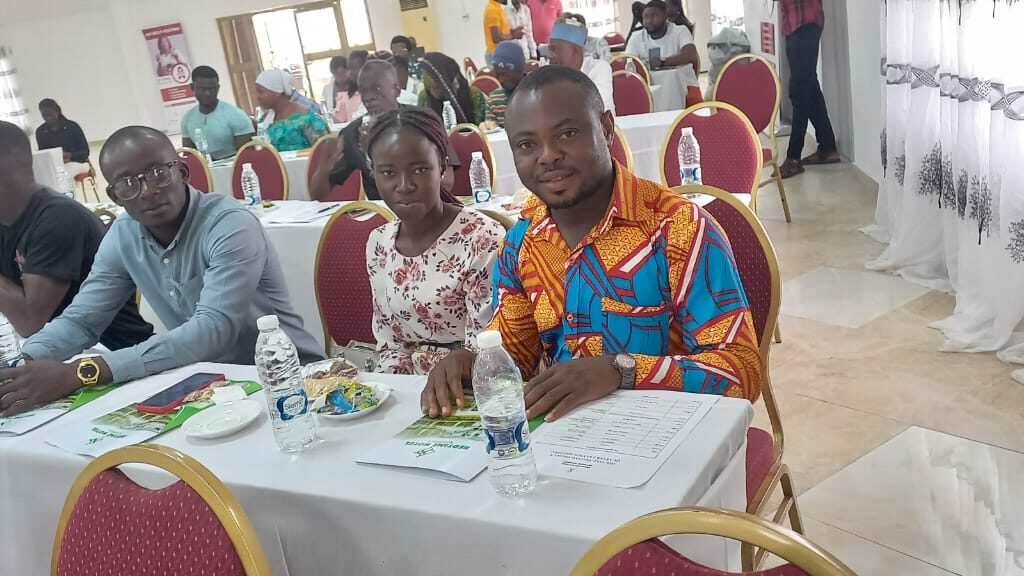
Key Objectives of the Meeting:
1. Progress Evaluation: The review meeting was an opportune moment for participants to reflect on the progress made during the second quarter. By analyzing data and real-world experiences, stakeholders gauged the effectiveness of ongoing initiatives and identified areas for improvement.
2. Sharing Best Practices: GHANET recognized the value of learning from successful interventions. Attendees had the chance to share best practices, successful strategies, and insights gained from their involvement in the HIV self-testing campaigns. This collective knowledge exchange facilitated the replication of effective approaches across different regions.
3. Challenges and Solutions: Every endeavor comes with its share of challenges. The meeting provided a forum for frank discussions about obstacles faced in promoting and implementing HIV self-testing. By acknowledging these hurdles, participants collaborated to find innovative solutions that can lead to more effective outcomes.
4. Strategic Planning: Looking forward, the meeting allowed stakeholders to strategize for the upcoming quarters. By setting clear goals and outlining specific action plans, GHANET and its partners worked together to ensure that the momentum of the HIV self-testing initiatives remains strong.
Community Engagement and Impact:
The success of HIV self-testing relies heavily on community engagement. This event brought together representatives from various sectors, including healthcare professionals, community leaders, NGOs, and government officials. By fostering a diverse range of perspectives, the meeting ensured that strategies and interventions remained inclusive and comprehensive.
The Role of Technology:
In the age of technology, harnessing its power for public health initiatives is crucial. The meeting delved into how digital tools, social media, and mobile apps have been leveraged to spread awareness about HIV self-testing and provide information to a wider audience.
Conclusion:
The HIV Self-Testing Second Quarter Review Meeting in Koforidua exemplified the dedication of GHANET and its partners to tackle the challenges of HIV/AIDS head-on. By promoting self-testing, this initiative aims to bring testing closer to those who need it, encourage early detection, and ultimately reduce the spread of the virus. As stakeholders departed from the meeting, armed with insights, strategies, and renewed vigor, the future of HIV self-testing in Ghana’s Eastern Region appears promising.
